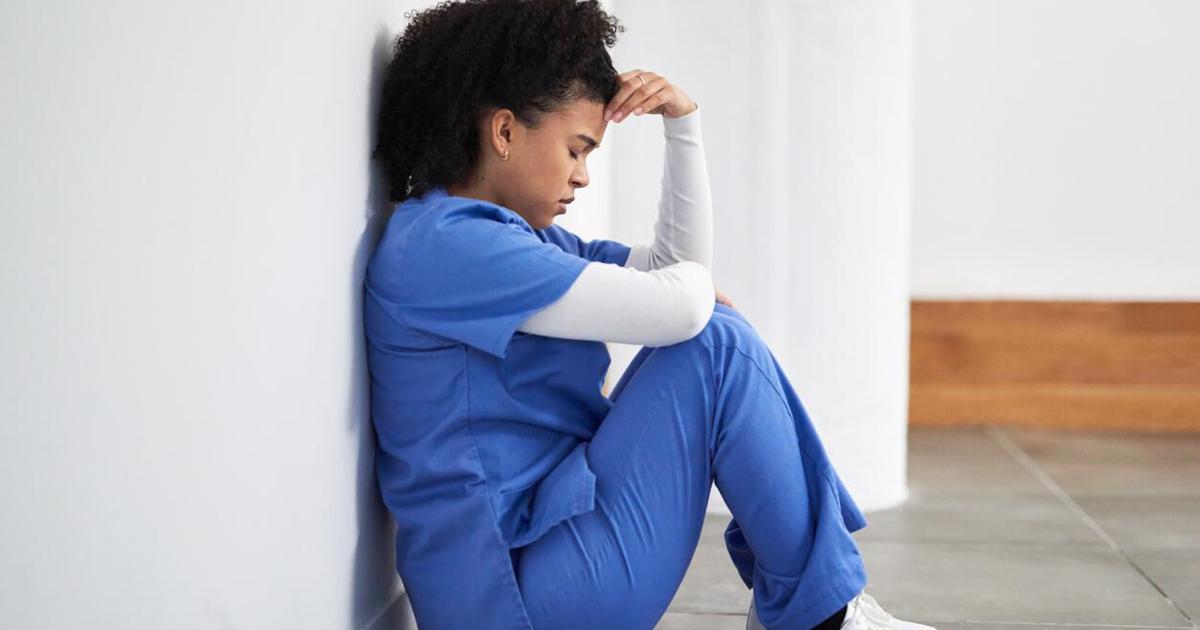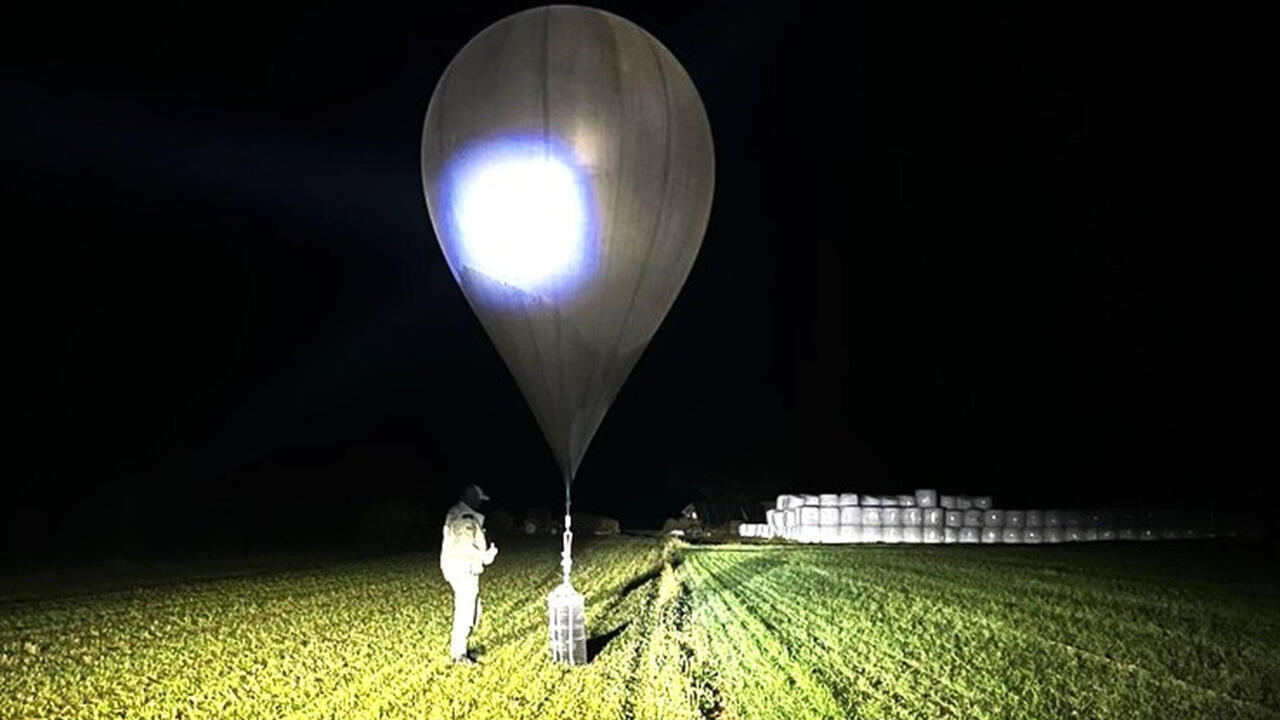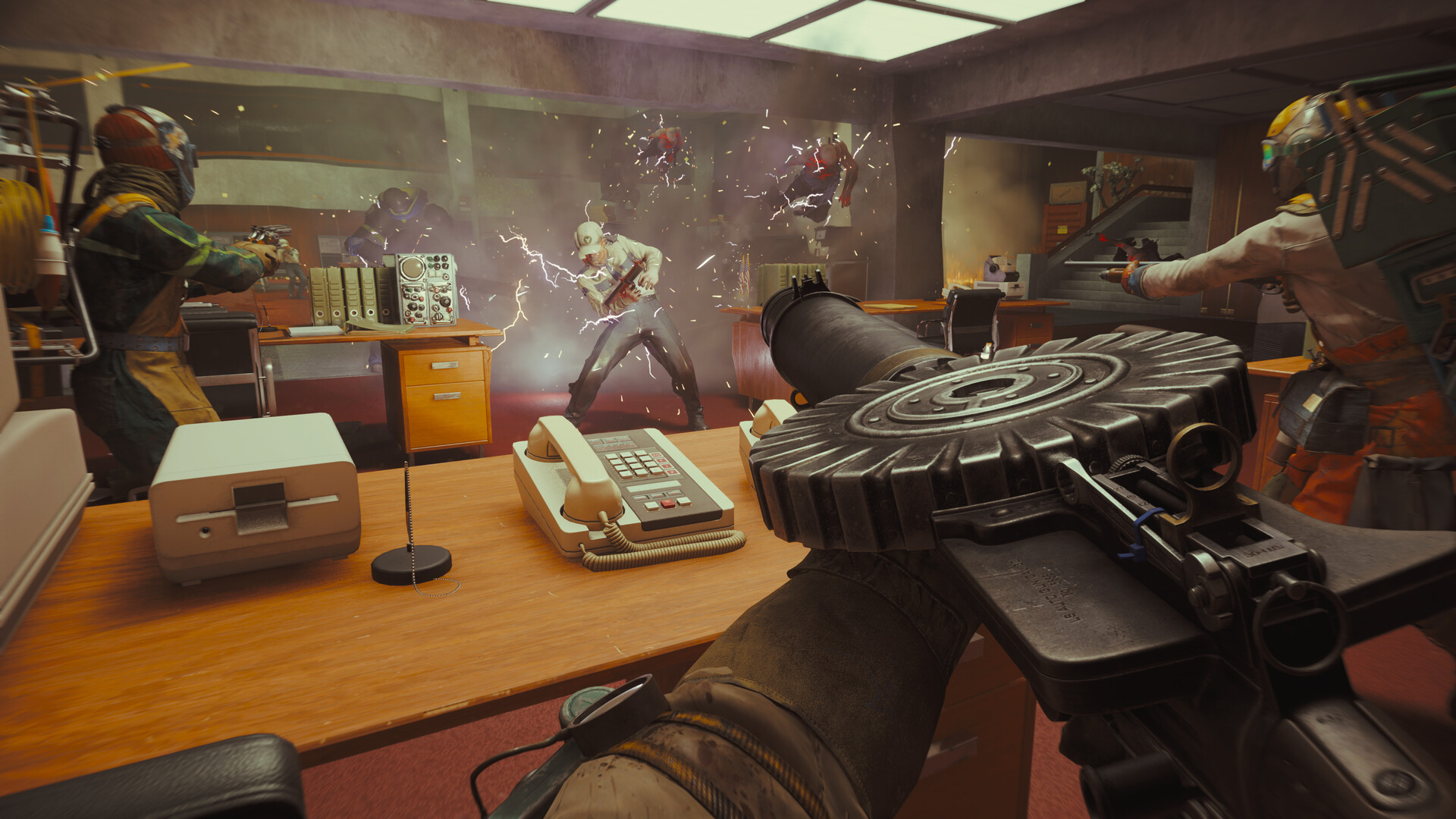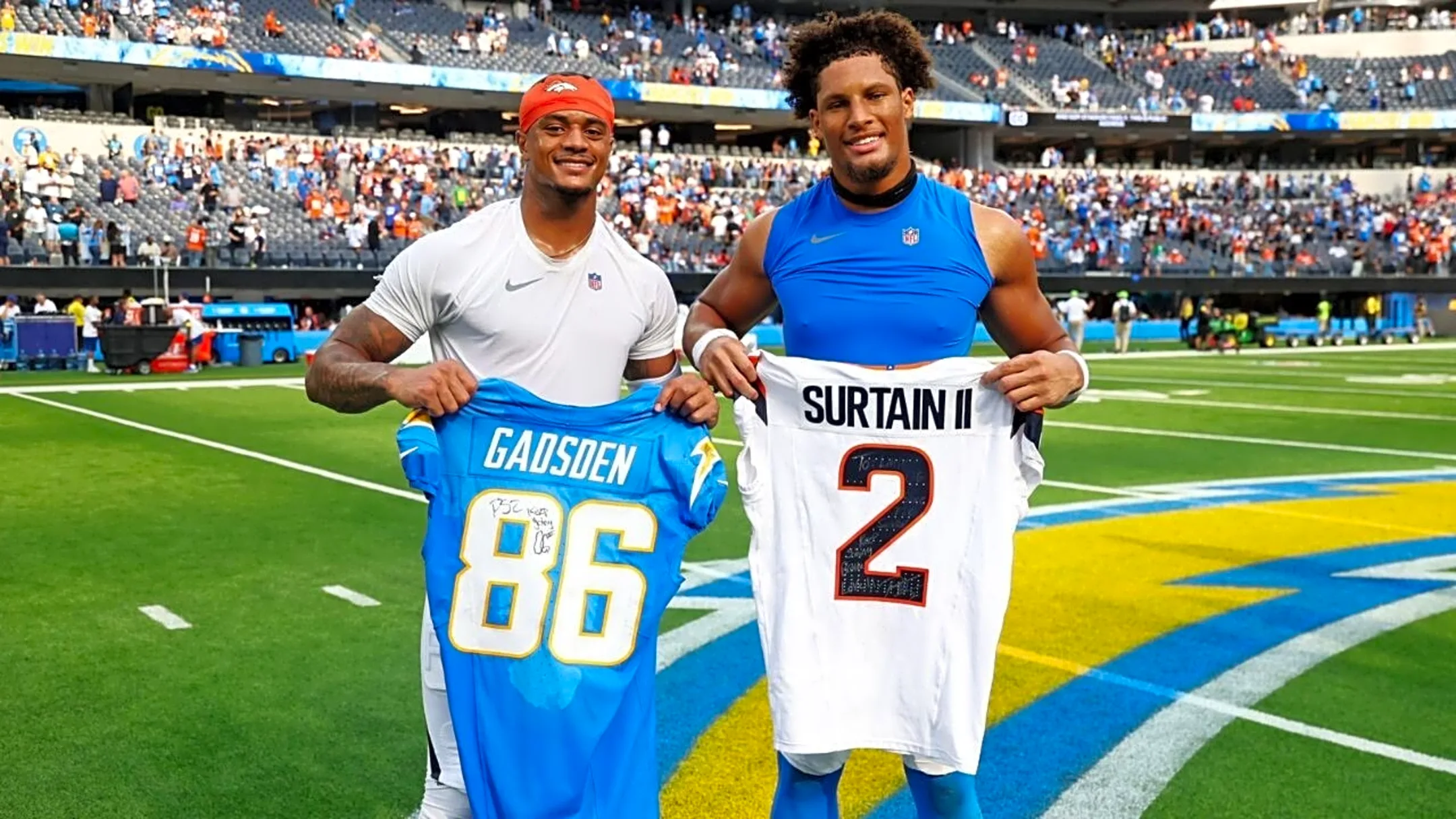Copyright thenassauguardian

If you live in The Bahamas, chances are you or someone close to you works shifts. Whether it’s a nurse tending to patients through the night, a chef in a bustling resort kitchen, or a taxi driver ferrying tourists at dawn, shift work keeps the island’s “heart beating” 24 hours a day. While the country runs around the clock, our bodies don’t quite agree to the same schedule. Shift work simply means working outside the usual daylight hours of 9 a.m. to 5 p.m. It’s common in tourism, hospitality, retail, and essential services — industries that keep our islands alive and well. The challenge is that our bodies operate on an internal rhythm called the circadian clock, which tells us when to wake, eat, and sleep. Shift work throws this clock off balance, and when that happens, the rest of our health can follow. Studies show that this disruption isn’t just about feeling sleepy. It affects what we eat, how much we move, and even our body chemistry. Over time, those small changes can build up, leading to problems ranging from fatigue and digestive issues to obesity and heart disease. And now, researchers are adding one more unexpected problem to that list: kidney stones. According to a large international study, shift workers are about 15 percent more likely to develop kidney stones than those working regular daytime hours. The risk was even higher for those doing night shifts or frequent rotating shifts. But the real story is how this happens. When you work nights, your routines such as sleep, meals, and hydration go sideways. You might skip proper meals, snack on convenience foods, drink less water (or too much coffee), and sit for long hours. All these habits can lead to dehydration, changes in metabolism, and weight gain, all perfect ingredients for forming kidney stones. Kidney stones, for the lucky ones who’ve never had them, are hard mineral deposits that form inside your kidneys. They can cause sharp, unrelenting pain and sometimes require surgery. So yes, they’re worth avoiding. The same study found that unhealthy sleep patterns, smoking, lack of exercise, long sedentary periods, and poor diet helped explain why shift workers were more likely to suffer from kidney stones. On the brighter side, maintaining a healthy lifestyle, especially drinking enough fluids, could cut that risk significantly. If you’ve ever worked shifts, you already know how it affects sleep. But recent research suggests that it’s not just sleep that suffers. Among thousands of petroleum workers studied, those doing shift work had lower quality of life not directly because of the work itself, but because it made it harder to eat well and exercise. In other words, the real villains may be the skipped salads and missed workouts, not just the late-night hours. When the body’s rhythm is off, people often reach for quick comfort foods, skip exercise, and rely on caffeine or alcohol to stay awake or wind down, all of which chip away at health over time. Interestingly, the study found that poor eating habits and lack of exercise had a greater impact on both mental and physical well-being than sleep itself. So, while better rest matters, it’s the combination of lifestyle habits that keeps shift workers thriving or struggling. While we don’t have exact figures on how many Bahamians work shifts, it’s safe to say it’s a large slice of our workforce. Our tourism and hospitality sectors depend on late nights, early mornings, and everything in between. Add retail, healthcare, and transportation, and you’ve got thousands of people whose internal clocks are constantly being reset. That means the issue isn’t just about feeling tired. It’s about an entire workforce at risk for chronic health problems, including the very painful one we’ve just learned about: kidney stones. Making shift work healthier So what can you do if your job doesn’t follow the sun? Don’t worry, you don’t need to quit your job or switch to sunrise-only hours. The goal is to outsmart your schedule and give your body the balance it craves. Here are some practical, science-backed tips drawn from expert advice for shift workers. Stay hydrated: This is the single best thing you can do to prevent kidney stones. Keep a water bottle handy and aim to sip throughout your shift. Coffee and energy drinks don’t count; they actually make you lose fluids. If your urine is pale, you’re doing it right. Eat smart: When you’re tired, it’s easy to grab junk food, but your body needs steady energy. Go for light, balanced meals such as fruits, veggies, pasta, rice, and salads. Avoid heavy, greasy meals that make you sluggish and hard to digest before sleep — and resist the sugar-high snacks that crash your energy later. Move a little, often: Regular physical activity helps your body handle the stress of odd hours. Even 30 minutes a day of walking, stretching, or light exercise can boost mood, metabolism, and sleep quality. If you work long nights, sneak in short movement breaks instead of sitting for hours. Protect your sleep like treasure: Sleep is sacred, even if it comes at unusual hours. Use blackout curtains, earplugs, and a cool room. Tell family and friends when you’re sleeping so they can help you protect that rest time. Avoid caffeine and alcohol close to bedtime; they may help you nod off, but ruin the quality of your sleep. Manage the ride home: After a long night, driving can be risky. Fatigue mimics drunkenness. Use public transport, carpool, or take a quick nap before driving if needed. A short walk or mild stretch before heading home can also refresh you. Keep your circle strong: Shift work can make you feel isolated from friends and family who keep normal hours. Stay connected. Plan your social time and let loved ones know your schedule; they’ll appreciate the effort. Don’t depend on quick fixes: Sleeping pills and stimulants may help in the short term but can cause dependency. Caffeine can give a brief lift, but don’t rely on it as your main energy source. Your best energy booster will always be rest, hydration, and balanced meals. • Dr. Greggory Pinto is a board-certified Bahamian urologist and laparoscopic surgeon. He can be contacted at OakTree Medical Center #2 Fifth Terrace and Mount Royal Avenue, or telephone: (242) 322-1145(6)(7). Email: welcome@urologycarebahamas.com or visit the website: www.urologycarebahamas.com.



